So, what are the benefits of a strong local food system? First and foremost, it's good for the environment. Locally-grown food travels an average of just 27 miles from farm to plate, compared to an average of 1,500 miles for conventionally-grown produce (USDA). This means that locally-grown food has a much smaller carbon footprint due to reduced transportation emissions. Plus, supporting small-scale, sustainable farming practices helps to preserve our precious natural resources for future generations.
But it's not just the planet that benefits from a strong local food system - it's also good for our wallets and our waistlines. Local farms create jobs and stimulate economic growth, with every $1 spent on locally-grown food generating an additional $0.50 in economic activity within the local community (Albin, Lyson, and Hamm). And let's not forget about the health benefits of locally-grown, fresh produce - it's often more nutrient-dense and flavorful than produce that's been shipped in from afar (Hamm, Albin, and Lyson).

So, how is Kansas City doing when it comes to building a strong local food system? We've got some great initiatives and organizations already in place, such as community gardens, farmers markets, and more. Currently, there are over 8,000 farmers markets in the United States, up from just a few hundred in the 1970s (USDA). However, we still face some challenges, like access to land and resources, and a lack of infrastructure. But don't worry - we've got some creative solutions up our sleeves!

One exciting option is vertical farming, which allows us to grow a wide variety of crops in a smaller space using less water and fewer pesticides. This not only helps to fill the gap on a lot of crops, but it also gives farmers the opportunity to focus on a wider variety of options, which keeps things interesting and helps to diversify our local food supply.
By supporting small farmers and investing in innovative solutions like vertical farming, Kansas City has the potential to become a leader in sustainable living. So let's get out there and start supporting our local food system - it's good for us, it's good for the planet, and it's good for our community!
Sources:
J. Albin, T. Lyson, and R. Hamm, "The Economic Impact of Local Food Systems," Journal of Agricultural Economics, vol. 62, no. 3 (2011), pp. 618-633.
R. Hamm, J. Albin, and T. Lyson, "The Role of Local Food Systems in Public Health," Journal of the Academy of Nutrition and Dietetics, vol. 113, no. 12 (2013), pp. 1565-1574.
USDA, "Farmers Markets," accessed December 21, 2022, https://www.ams.usda.gov/local-food-directories/farmersmarkets

